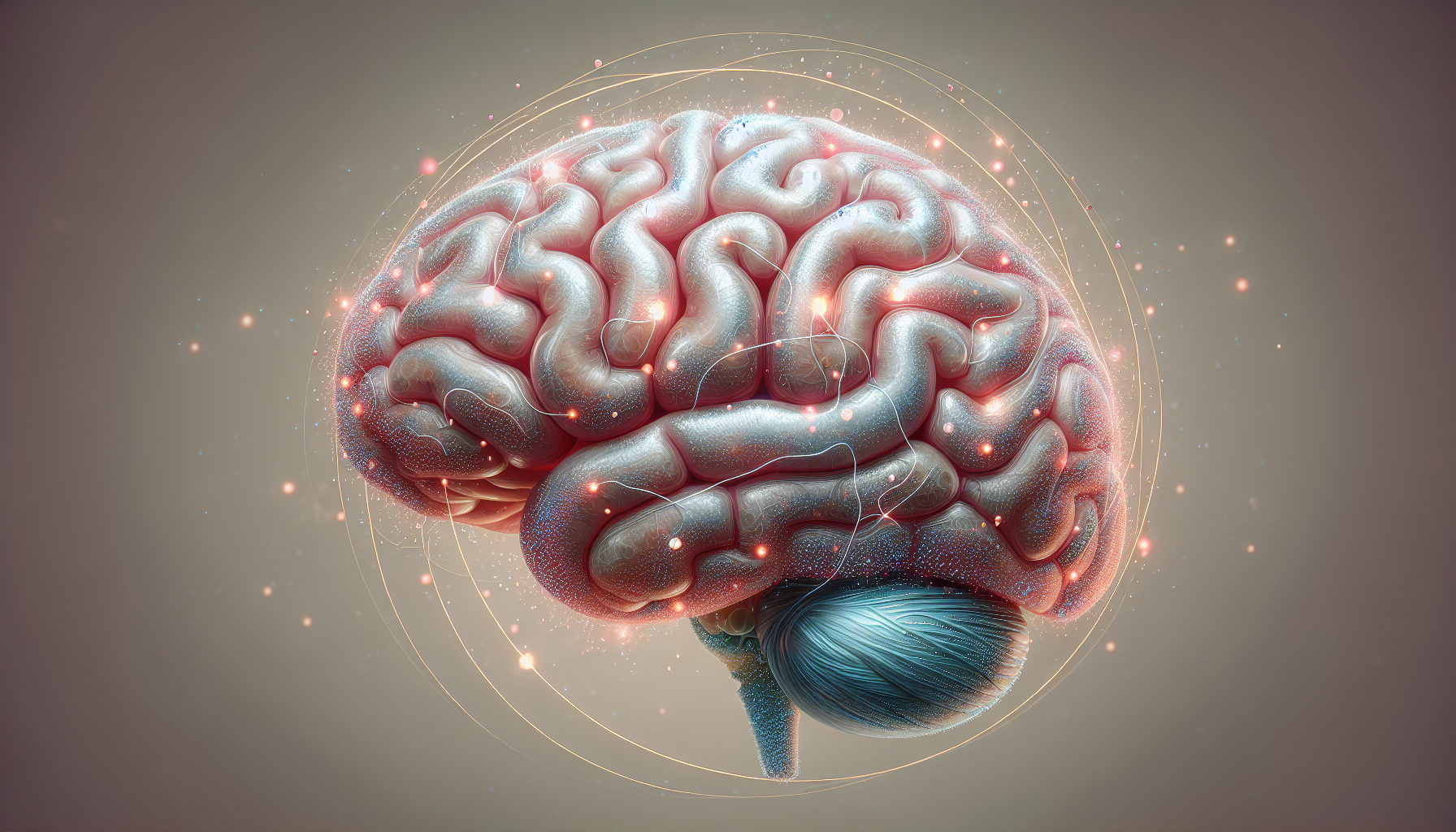In an era where cognitive decline and neurological disorders are becoming increasingly prevalent, understanding and combating neuroinflammation has never been more critical. Neuroinflammation, a complex biological response to neuronal injury, infection, or disease, can promote harmful changes in brain structure and function if left unchecked. This article will delve into the mechanisms of neuroinflammation, its implications for brain health, and strategies to mitigate its effects.
Understanding Neuroinflammation and Its Impact on Brain Health
Neuroinflammation is primarily mediated by the brain’s immune cells, known as microglia. These cells act as first responders to any form of brain distress, working to clear debris and protect the brain from damage. However, when triggered excessively or unnecessarily, microglia can contribute to neuronal damage, exacerbating conditions such as Alzheimer’s disease, Parkinson’s disease, and multiple sclerosis.
Chronic neuroinflammation can also impair neurogenesis, the process by which new neurons are formed, which is vital for learning and memory. It is therefore essential to maintain a balanced inflammatory response within the brain to preserve cognitive function and overall brain health.
Identifying and Addressing the Root Causes of Neuroinflammation
Several factors can contribute to the development of neuroinflammation, including genetic predisposition, environmental toxins, lifestyle choices, and underlying health conditions. By identifying and addressing these root causes, individuals can take proactive steps to protect their brain health. For instance, research has shown a correlation between poor cardiovascular health and increased risk of neuroinflammation, as conditions like hypertension and atherosclerosis can impair cerebral blood flow and contribute to inflammatory processes in the brain.
Lifestyle Interventions
Modifying lifestyle choices is a powerful way to combat neuroinflammation. Regular physical exercise has been linked to reduced inflammation and improved brain function, as explored in the article "Assessing the Physical Exercise-Brain Function Correlation." The anti-inflammatory effects of exercise can enhance neuroplasticity and support the maintenance of cognitive health.
Diet also plays a significant role in managing neuroinflammation. Diets rich in omega-3 fatty acids, antioxidants, and polyphenols can help to dampen inflammatory responses and are associated with lower risks of developing neurodegenerative diseases. Embracing a diet that includes these nutrients is a practical approach to fostering brain health.
Herbal Supplements and Neuroprotection
Herbal supplements can be integral to a strategy aimed at reducing neuroinflammation. Certain herbs, such as curcumin and ginkgo biloba, have demonstrated neuroprotective properties by inhibiting inflammatory pathways in the brain. The article "The Role of Herbal Supplements in Cognitive Function" provides a deeper insight into how these supplements can be leveraged for cognitive health.
Environmental and Behavioral Factors
Environmental influences on neuroinflammation are significant, as highlighted in "Analyzing Environmental Influences on Cognitive Development." Exposure to pollutants, heavy metals, and other neurotoxic substances can provoke inflammatory responses within the brain. Minimizing exposure to these substances and adopting detoxification practices can be beneficial, as discussed in "Brain Health and the Benefits of Regular Detoxification."
Behavioral factors, such as stress management and sleep hygiene, are also crucial. Chronic stress and sleep disturbances can exacerbate neuroinflammation, thereby impairing cognitive function. Strategies aimed at stress reduction and improving sleep quality can thus have a positive impact on neuroinflammation and brain health.
Advanced Strategies for Combating Neuroinflammation
For those seeking more advanced interventions, there are several avenues of exploration. Deep brain stimulation, a surgical treatment typically used for Parkinson’s disease, has shown promise in reducing neuroinflammation and is further examined in "Exploring the Brain Health Potential of Deep Brain Stimulation." Likewise, sensory deprivation techniques, which can induce a meditative state and reduce stress, may also influence neuroinflammatory pathways as suggested in "The Effect of Sensory Deprivation on Cognitive Function."
The Role of Medical Research and Clinical Interventions
Medical research continues to uncover new methods to combat neuroinflammation. Clinical interventions are being developed that target specific inflammatory markers or pathways within the brain. For example, drugs that inhibit the production of pro-inflammatory cytokines or enhance the resilience of neurons to inflammatory damage are under investigation.
As part of a comprehensive approach to brain health, it is important to stay informed about the latest research and developments in the field of neuroinflammation. High-quality resources such as Frontiers in Neuroscience and The Journal of Neuroinflammation provide ongoing updates on cutting-edge research and potential treatments.
Conclusion
Neuroinflammation is a significant factor in the health and function of the brain, influencing the onset and progression of many neurological conditions. By understanding the causes and consequences of neuroinflammation, individuals can adopt lifestyle changes, dietary adjustments, and therapeutic interventions to mitigate its effects. Ongoing research and clinical trials continue to expand our understanding and capabilities in addressing this complex issue, promising improved strategies for maintaining brain health and combating cognitive decline.
To learn more about enhancing brain function and protecting against neuroinflammatory damage, readers are encouraged to explore additional resources and engage with healthcare professionals who specialize in neurological health.



